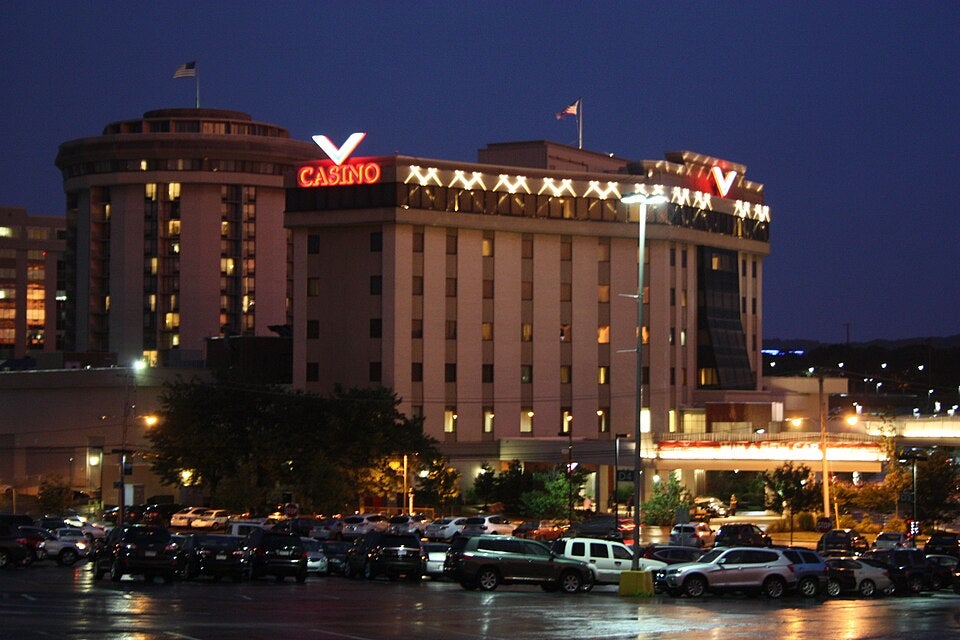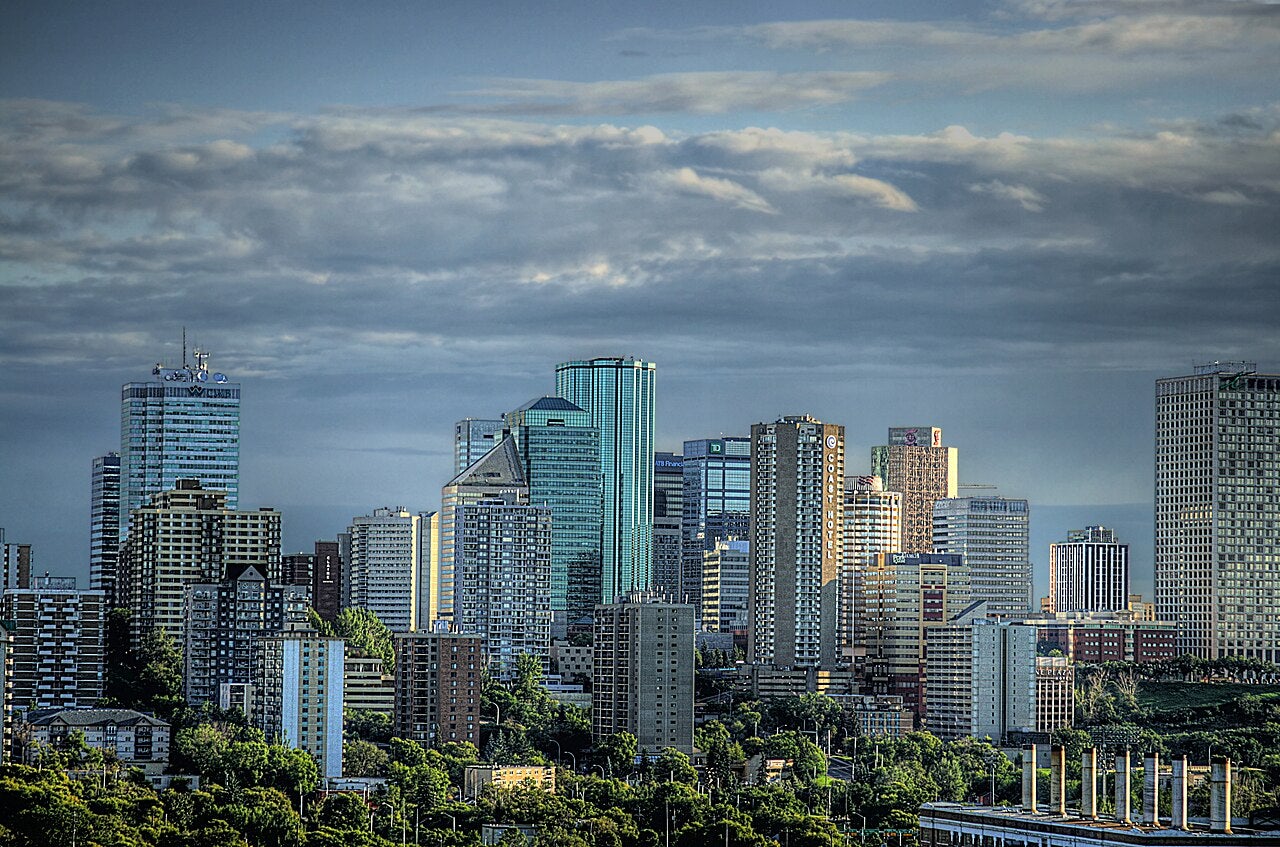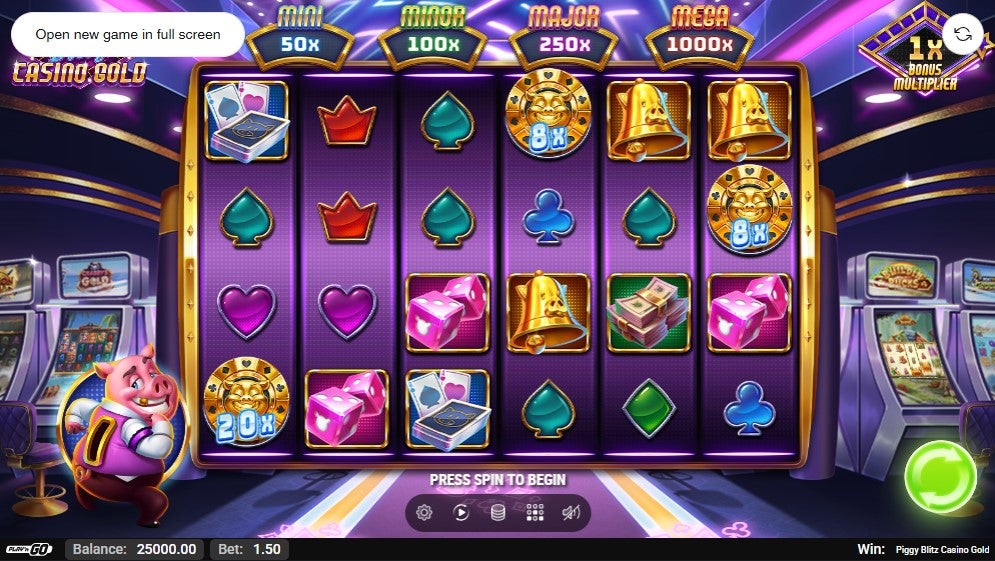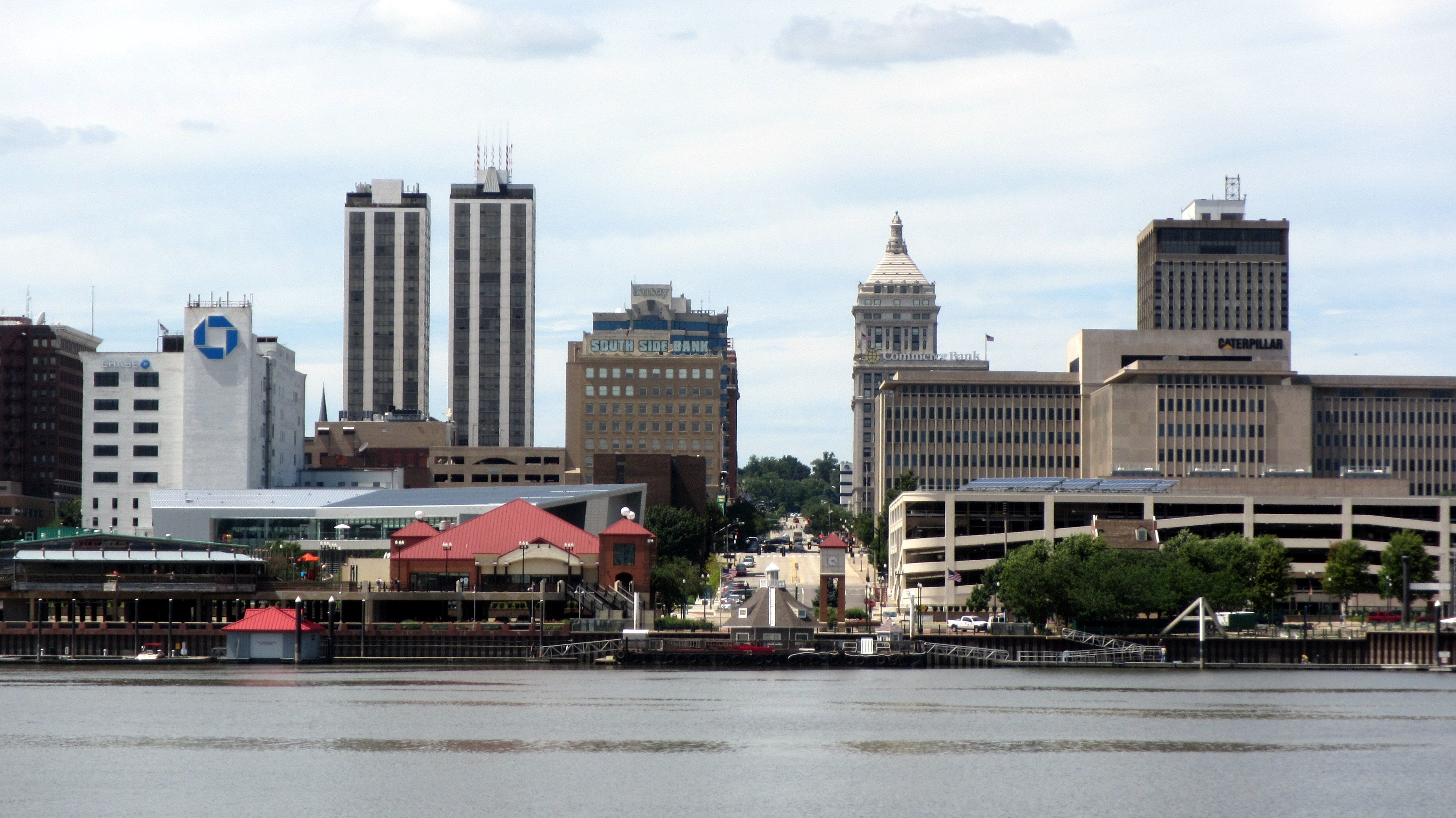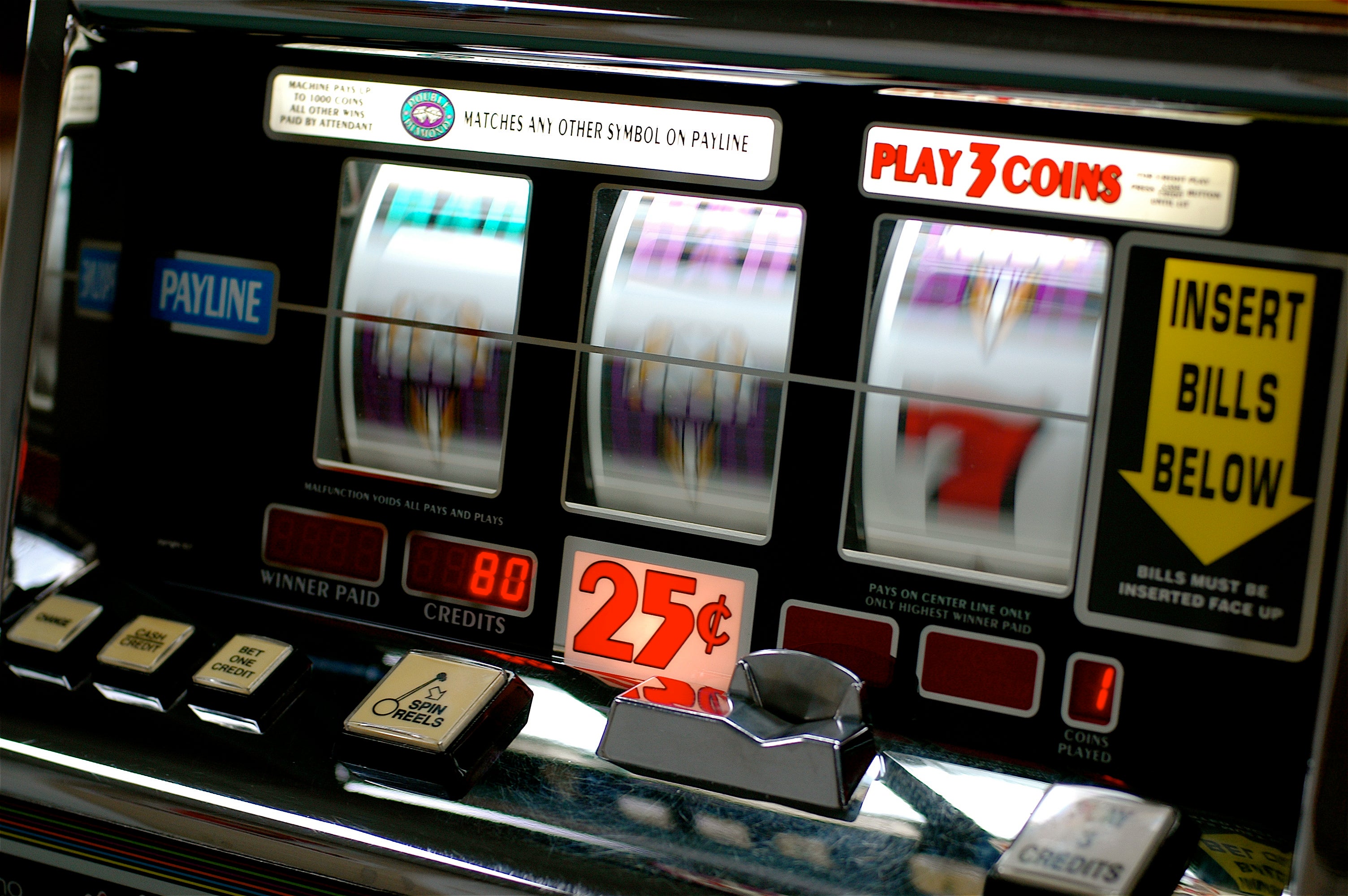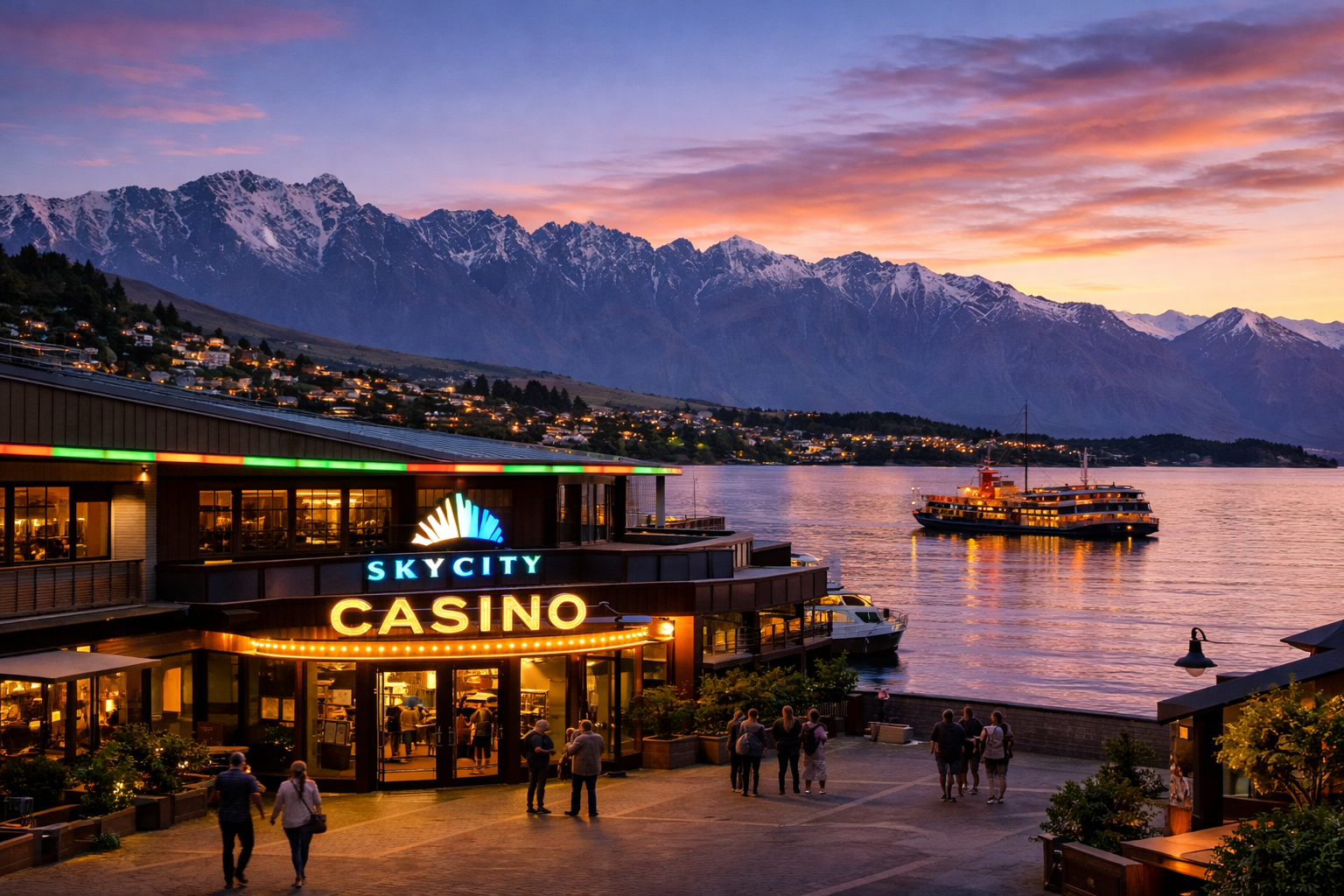Legal disputes
The Koi Nation’s primary enemy in its pursuit of a casino build site was another native group, the Graton Rancheria Tribe (FIGR).
The group operates the Graton Hotel & Casino, a 340,000-square-foot facility with 135,000 square feet of gaming space, just 15 miles away from where the Shiloh Casino would’ve been built.
FIGR complained that the Koi Nation’s supposed ties to the land weren’t strong enough to warrant approval of a casino build site. They also accused the DOI of not doing its job well enough when looking into the connection between the Koi Nation and the land site.
The DOI had transferred the Shiloh land into federal trust in January, a necessary step to allow tribes to build casinos under federal law. They also granted gaming approval to the Koi Nation, allowing them to embark on their journey.
FIGR submitted a lawsuit shortly after and was later joined by the State of California. The lawsuit claimed the DOI ignored the Graton tribe’s claims to the land, and that the chain of events circumvented Gov. Gavin Newsom’s (D) ability to review new casino proposals.
Judge Rita F. Lin of the Northern District of California ruled in favor, in part, of FIGR and nixed the DOI’s decision to transfer the Shiloh land into federal trust. The case was ultimately remanded.
What’s next for the casino?
Native tribes that want to build casinos on land in trust must show a strong historical connection to the area, per the Indian Gaming Regulatory Act.
The Koi Nation submitted a variety of proof that they had a connection to the land, including census records, trade hubs, and seasonal work. However, Judge Lin said their evidence was not enough to warrant the land transfer for a casino.
“[E]ven assuming it could be reasonably inferred that Koi tribal members occasionally worked as seasonal farm laborers on the Shiloh Parcel, seasonal labor on the land is insufficient to establish the requisite significant historical connection to the land,” the judge wrote. “Such a connection requires evidence that ‘the parcel was of historic, economic, and cultural significance’ to Koi.”
Despite opposing the initial decision, Judge Lin confirmed that the government had properly done its job with its environmental review.
The DOI must now revisit the decision to transfer the land and must reexamine the Koi Nation’s claim to the area. The casino project is suspended until a new decision is reached.


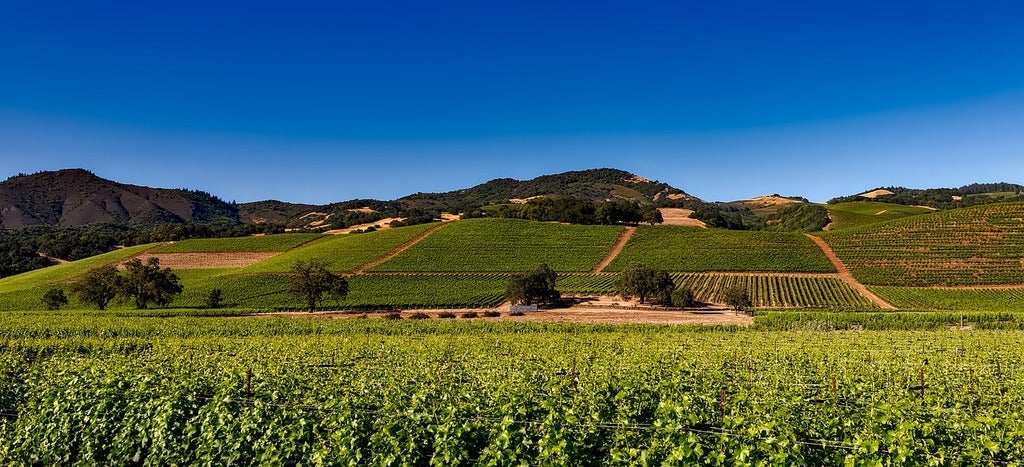

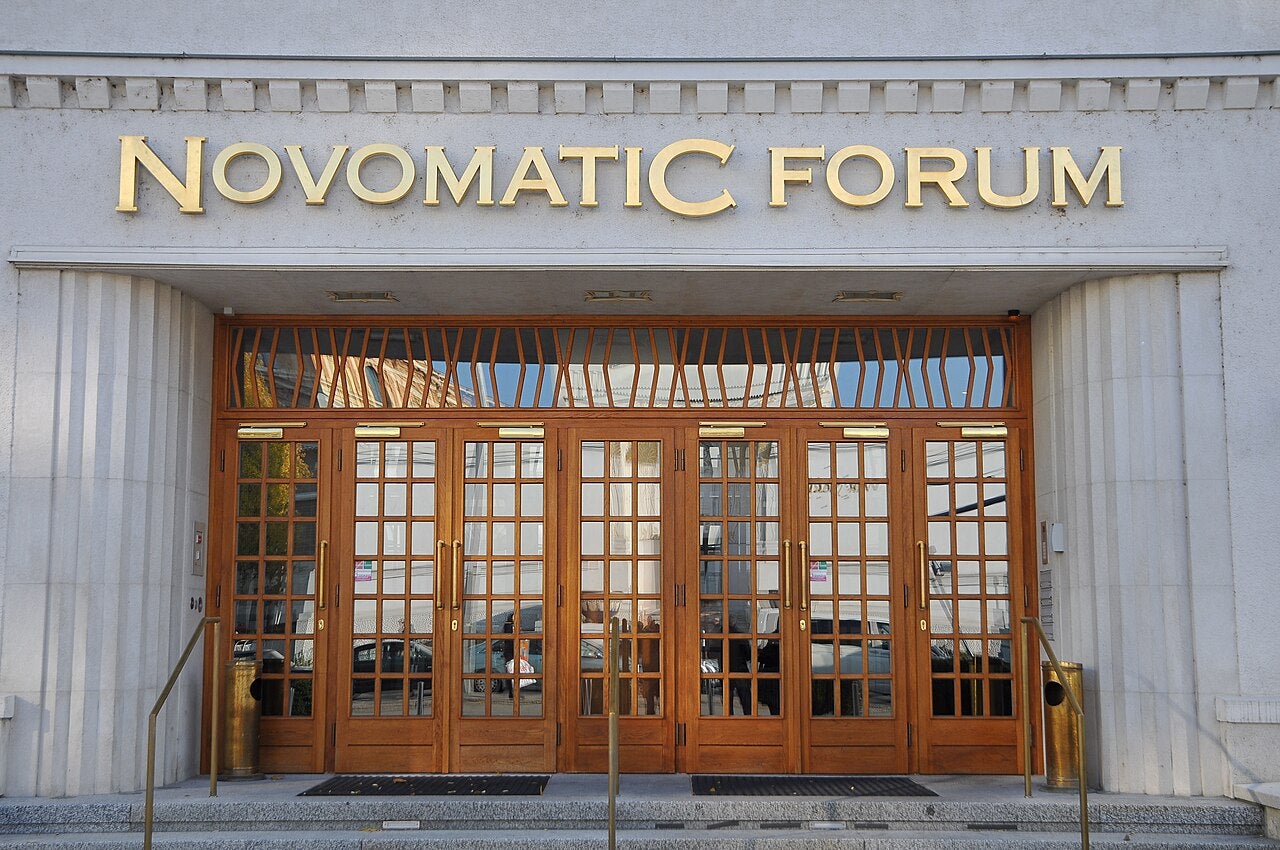
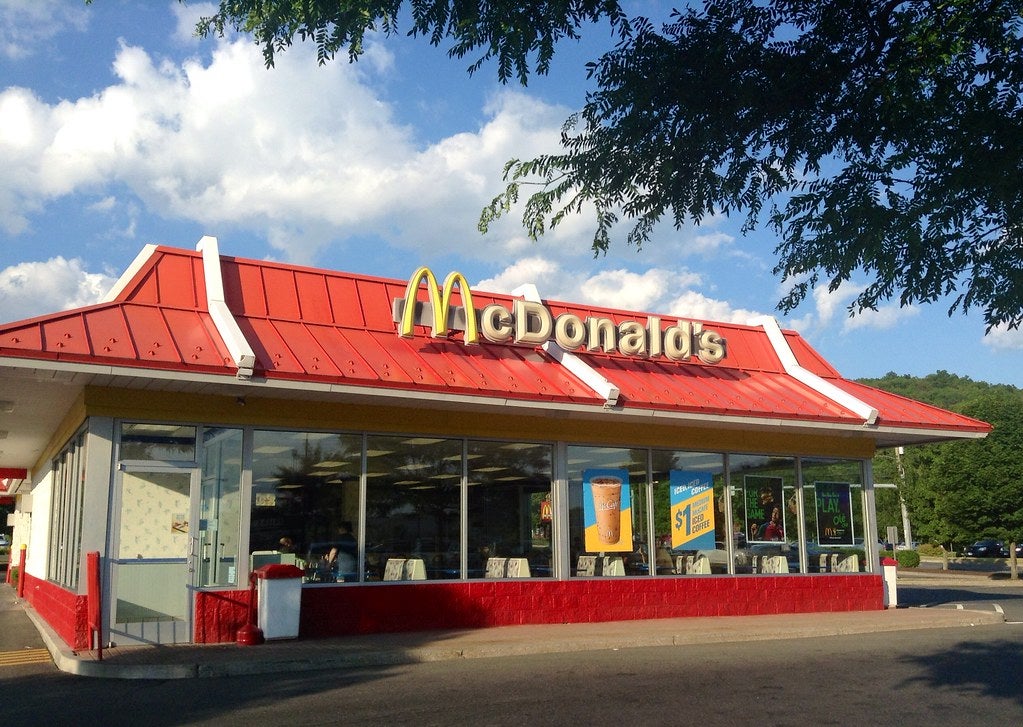
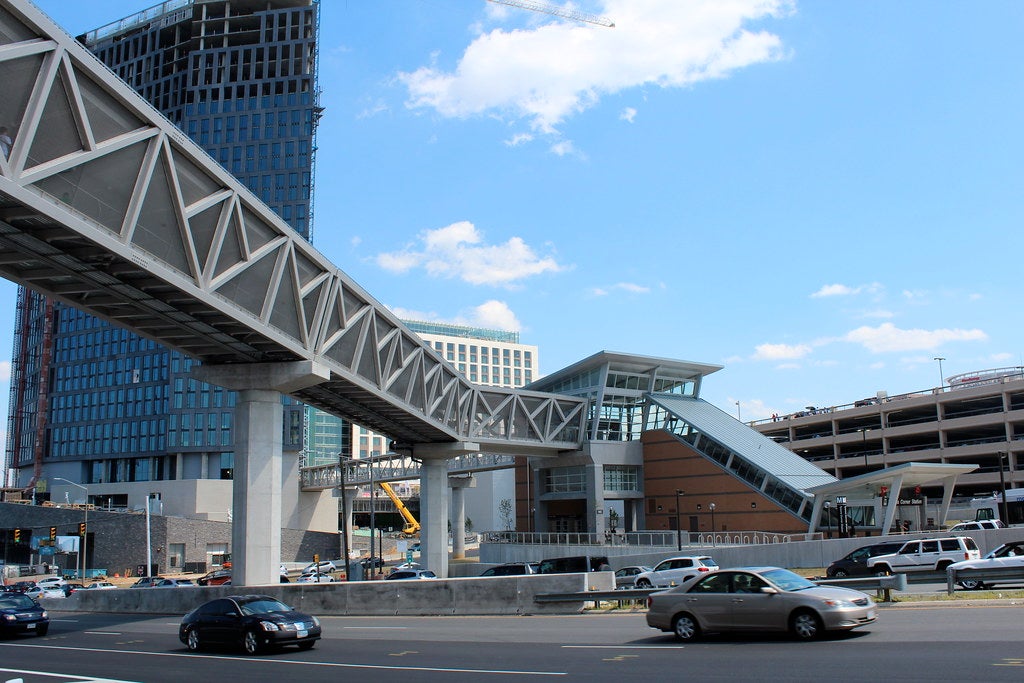

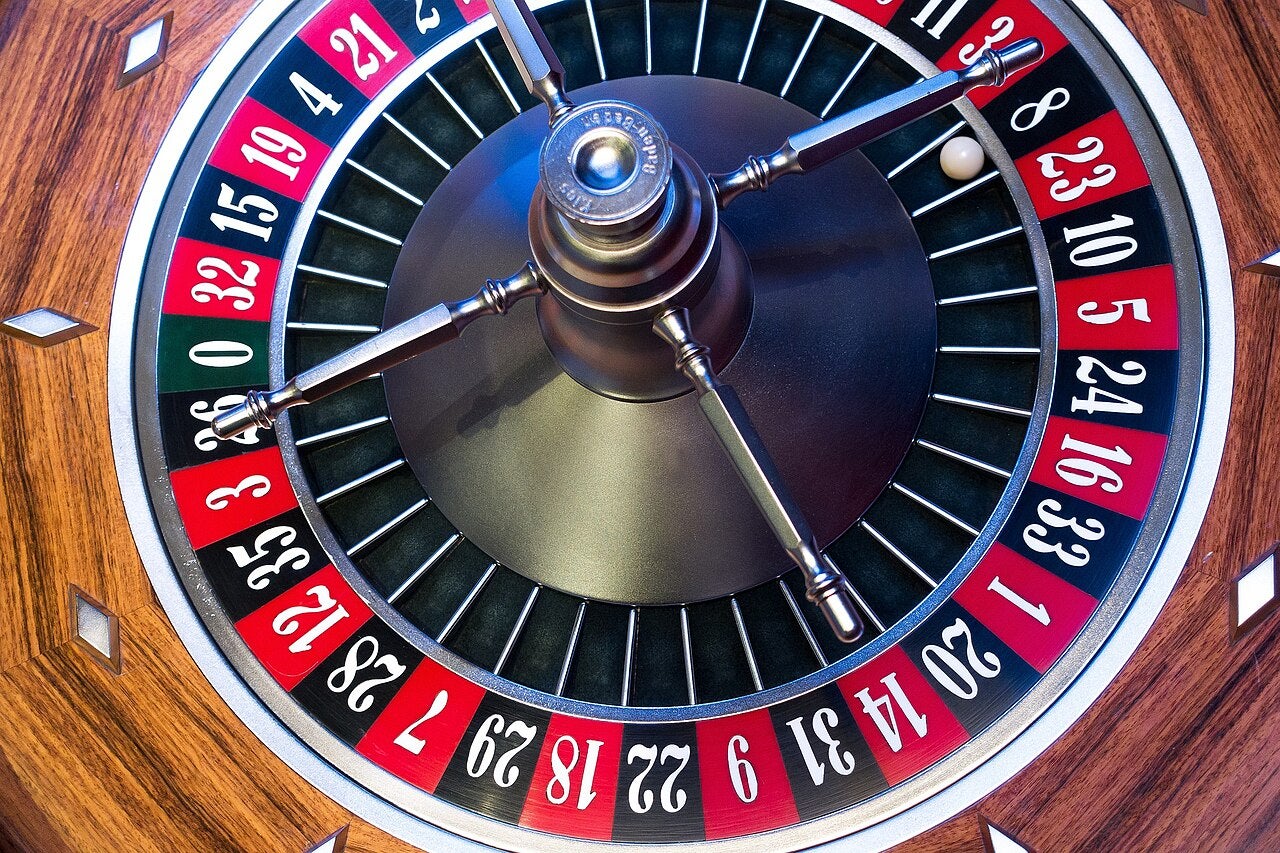
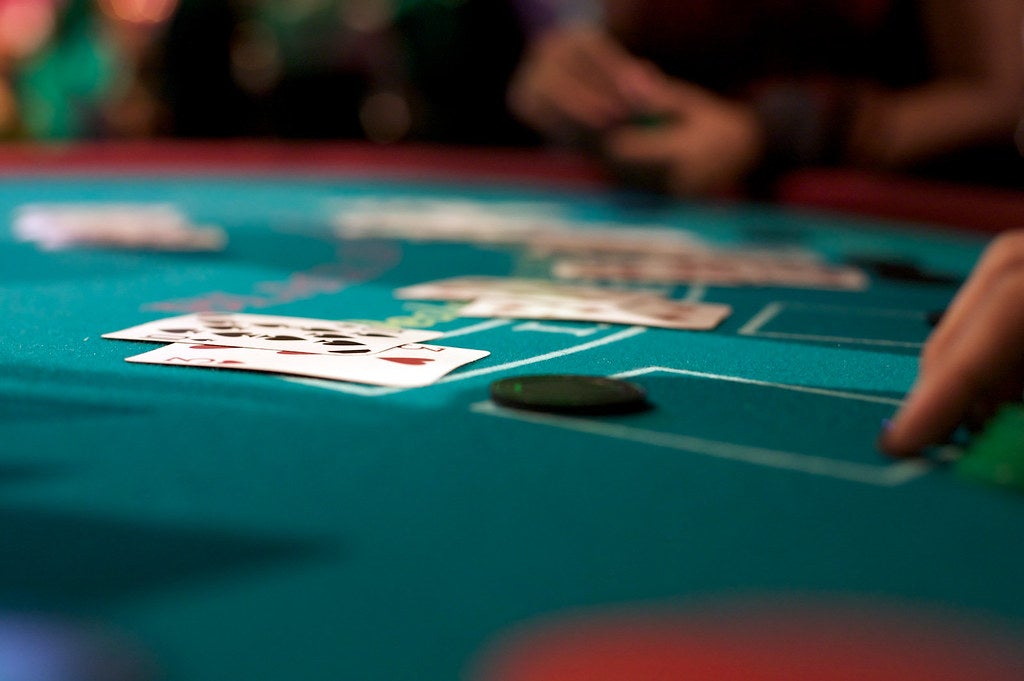

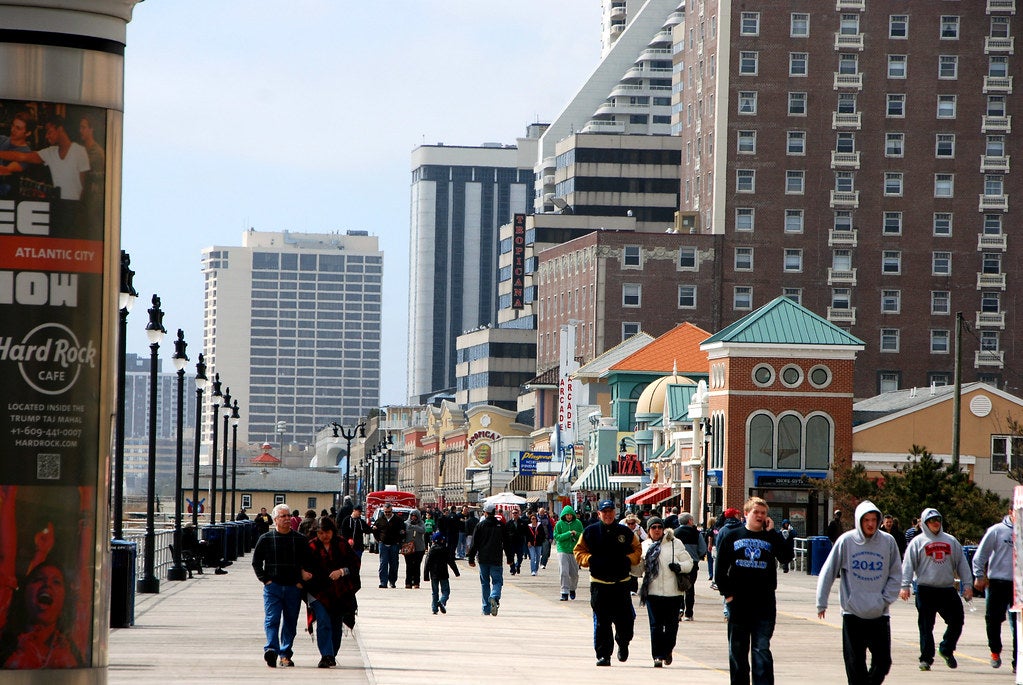

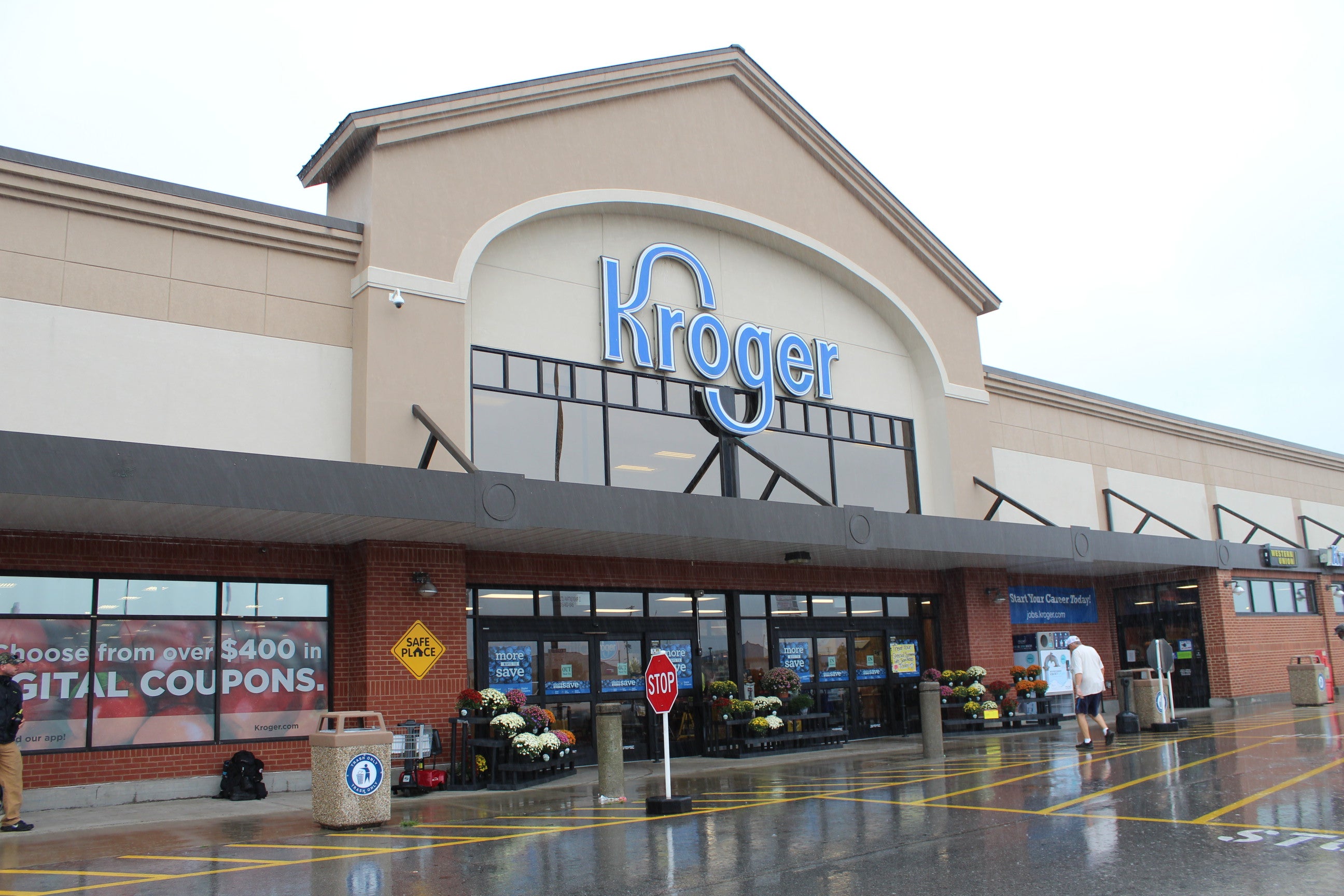

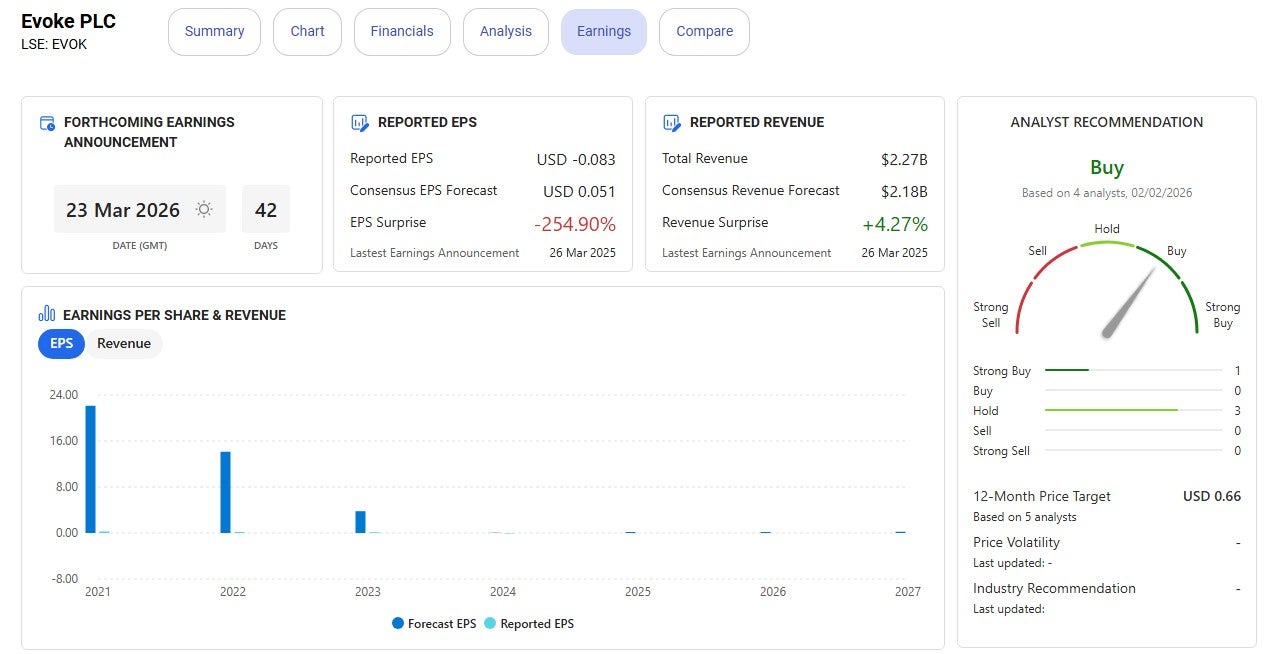

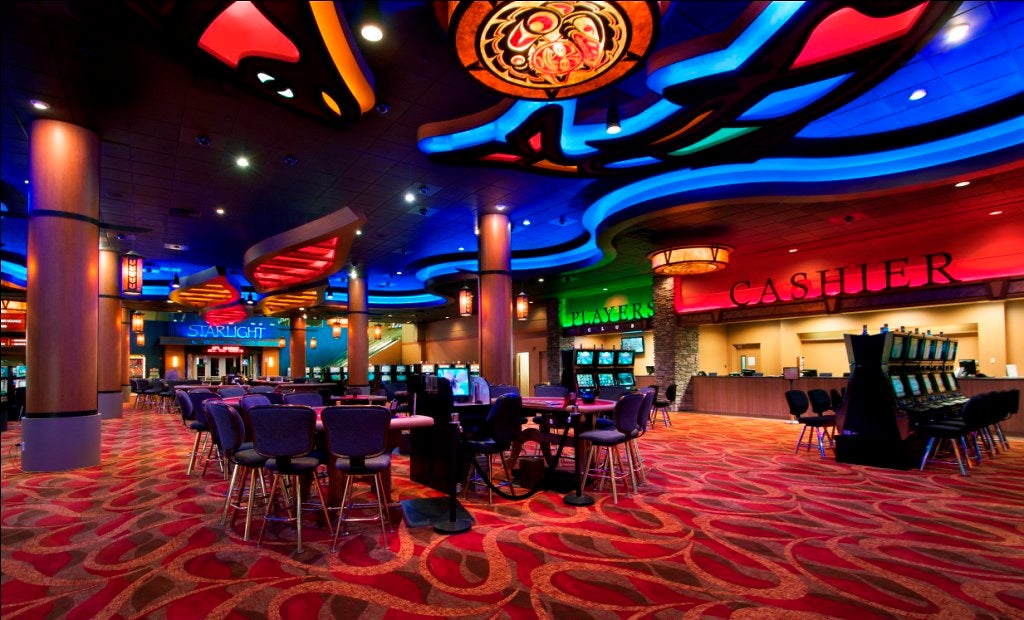
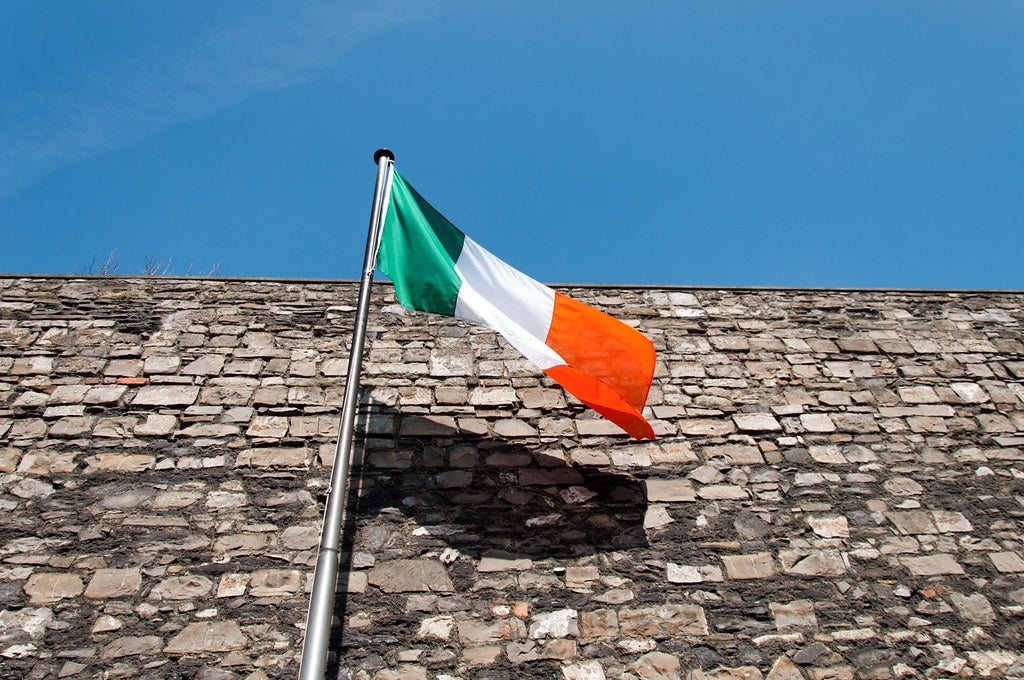
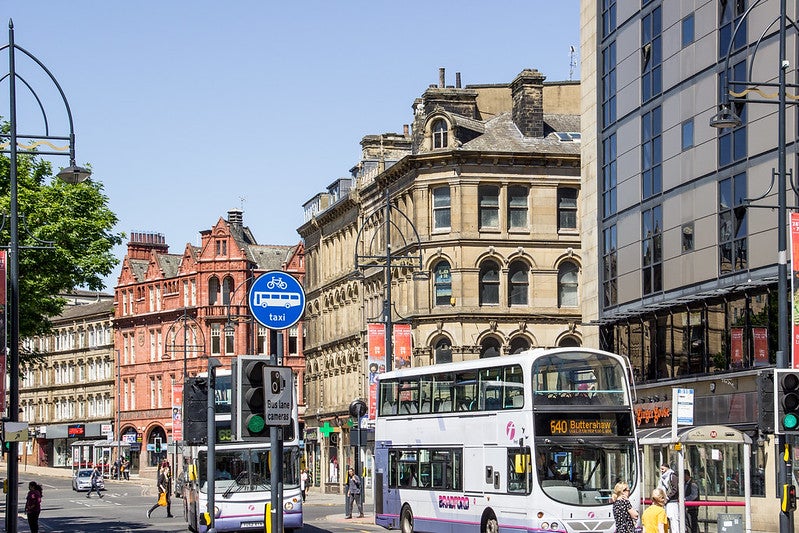
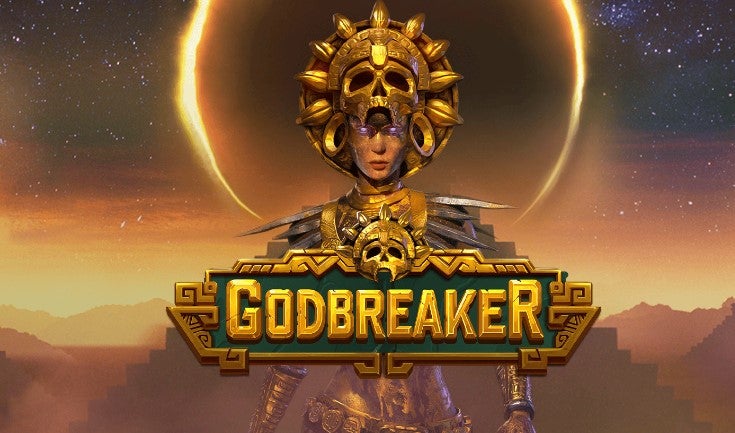
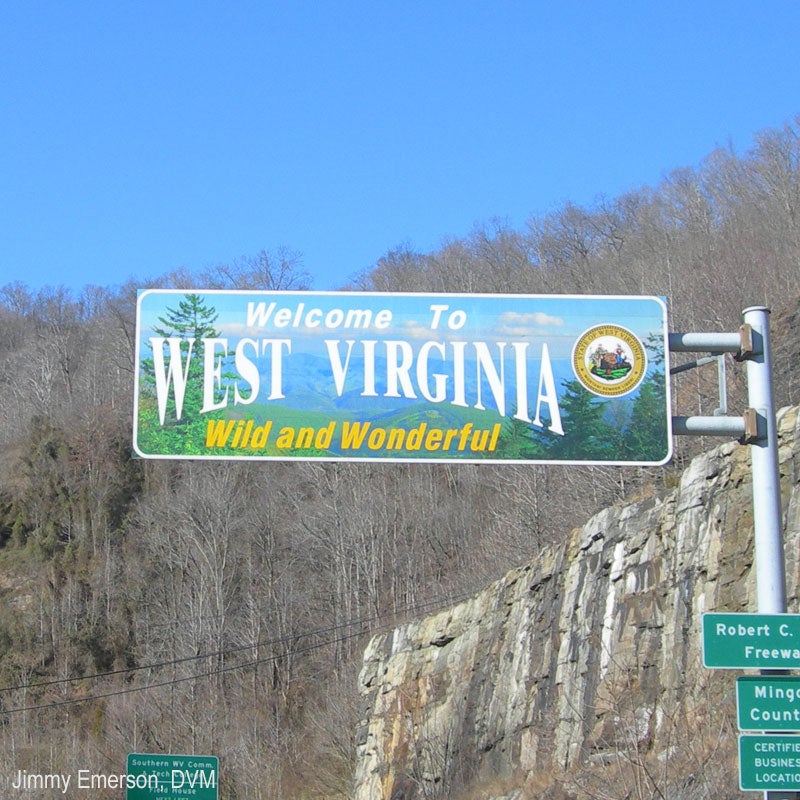
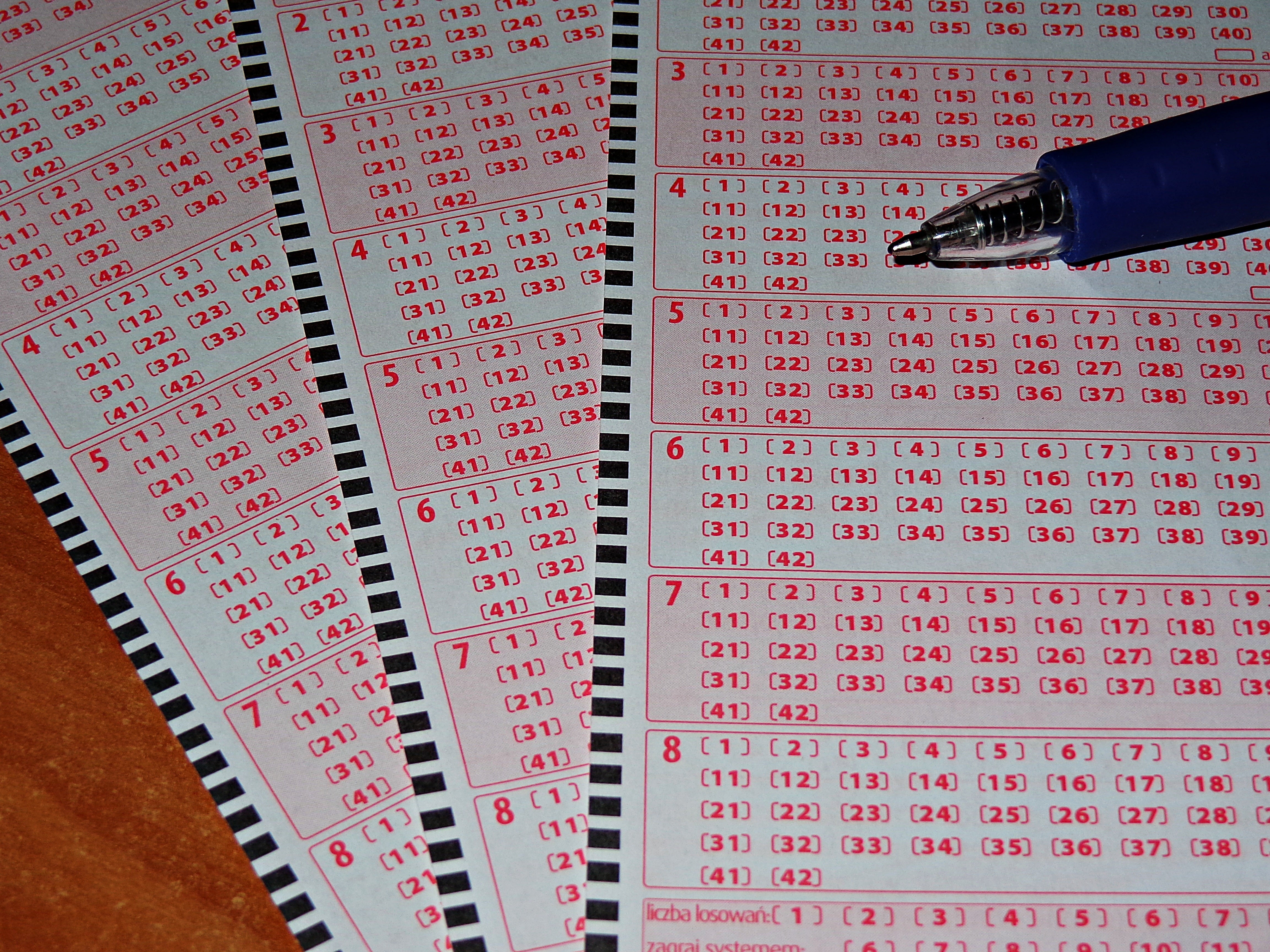
.jpg)
